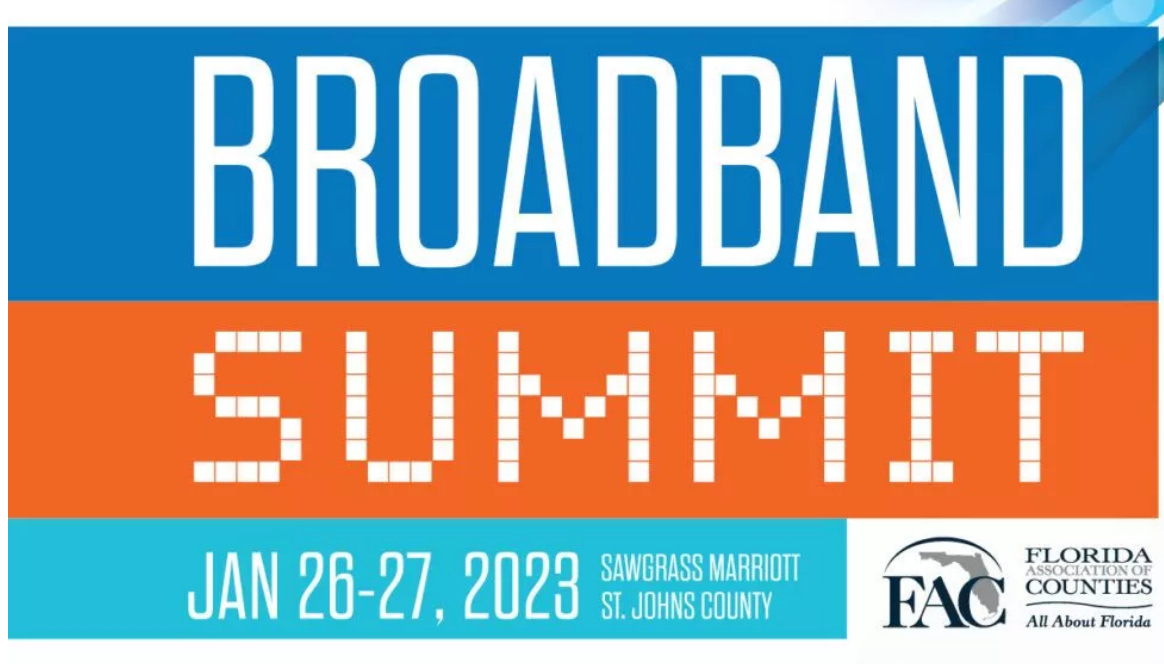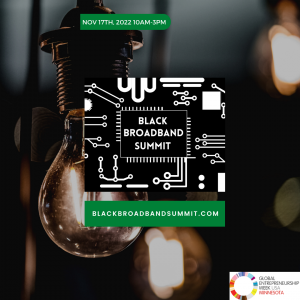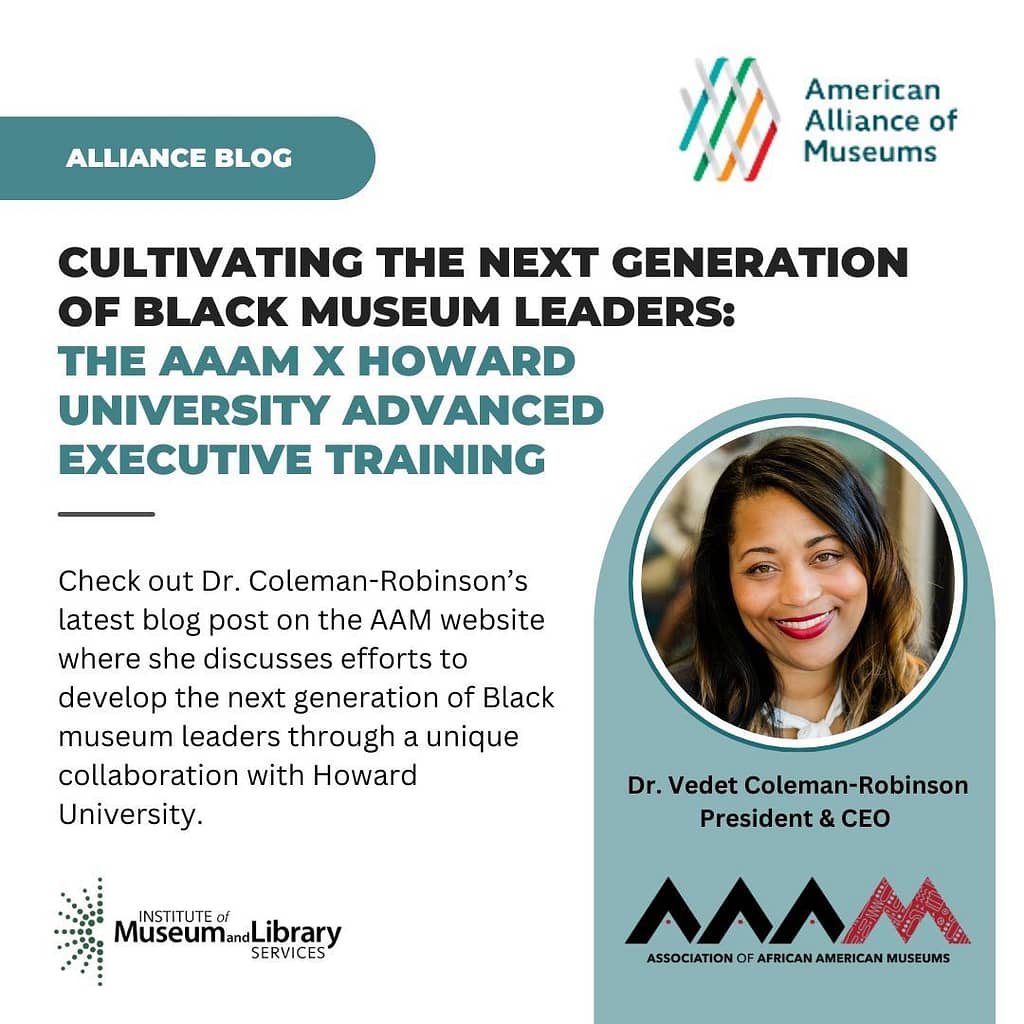
 The Black broadband Summit aims to close the digital divide in urban communities. Internet providers in the Twin Cities have been engaging in digital redlining for decades. The Black Broadband Summit demands digital redlining stop.
The Black broadband Summit aims to close the digital divide in urban communities. Internet providers in the Twin Cities have been engaging in digital redlining for decades. The Black Broadband Summit demands digital redlining stop.MINNEAPOLIS, MN, November 11, 2022 /EINPresswire.com/ — In lower-income communities like Cedar-Riverside, CenturyLink only offers internet service of 10 megabits per second, which isn’t really even broadband. Internet providers in the twin cities have been engaging in digital redlining for decades. This November 17th from 10 AM-3 Pm, the inaugural Black Broadband Summit is launching a community-led mission. Join us to discuss our communities’ shared experiences around the lack of access to internet & technology. Together, we will tell our stories of digital inequity, and Organize for Community Empowerment. We’ll develop solutions to the barriers that exist, & prepare for a future without them.
“It is long past time for us to make technology that works for us. Each year that passes, our children fall further behind educationally, & the places we live become less safe. Our families need us to step into this moment. I hope you can join us, & our mission to take urgent action to close the digital divide.”
Ini Augustine, Executive Director, Project Nandi
The Black Broadband Summit will be a revolutionary event in the Twin Cities, the first of its kind. This event is generously sponsored by Global Entrepreneurship Week Minnesota and Nexus Community Partners, AM 950, Voqal,& The Minneapolis foundation.
We will be creating the first black-run, black-owned internet cooperative in the Twin Cities. Our ISP will be designed and run by the people most impacted by the digital divide. The summit is open to everyone with an interest in creating accessible, community-led solutions to the digital divide. Tickets are available at www.blackbroadbandsummit.com
About The Black Broadband Summit
The Black Broadband Summit is a product of the community work Technologist Computers has done through Project Nandi. Project Nandi helps families of color by providing laptops, food, tech support, and connectivity services. For more information, visit blackbroadbandsummit.com
Contact Information
Ini Augustine
ini@technologist.computer
Ini Augustine
Technologist computers
+ + 16513009093
email us here
Visit us on social media:
Facebook
Other
Remember when AT&T wanted to buy T-Mobile? It could have had huge, negative consequences, especially for Black Americans.
The deal is likely to destroy jobs1, raise the price of cellular service2, and threaten net neutrality for wireless high-speed Internet.3Net neutrality is the principle that prevents large corporations from marginalizing voices they disagree with or that get in the way of their profits. It’s critical for groups like ColorOfChange that challenge the political and corporate status quo. Protecting net neutrality for wireless broadband is increasingly important as more and more people use their phones to access the Internet, especially African Americans.4
Monday is the deadline for public comment with the FCC, and several prominent civil rights groups — many of whom have deep relationships with AT&T — have lined up in support of the merger, promoting misleading arguments, whether conscious of the fact or not.5
It’s why your voice is critical. The FCC needs to hear from Black folks and our allies of every race who understand the problems with this deal. Please join us in calling on the FCC to block AT&T’s merger with T-Mobile:
http://act.colorofchange.org/sign/att
Getting rid of the competition
AT&T has said that “The wireless marketplace will become more competitive” because of this merger — but that’s the exact opposite of what’s likely to happen. If AT&T merges with T-Mobile, it will mean even less competition in an industry that is already dominated by just four big companies.6 AT&T and T-Mobile are the second and fourth largest wireless companies. If they merge, it will mean that the two largest remaining companies — AT&T and Verizon — will control nearly 80% of the wireless market.7
The reduced competition is likely to have serious consequences:
-
- Higher prices for everyone. T-Mobile is currently one of the most affordable options for wireless service, and AT&T is significantly more expensive. This merger would eliminate one of the most affordable cellular providers. But prices wouldn’t just go up for T-Mobile customers.8 Because T-Mobile would no longer be competing with AT&T, Verizon, and Sprint, there would be less pressure on the remaining companies to keep their prices down.9 The remaining companies will have every reason to raise their prices — because customers will have nowhere else to go.
-
- Worse service, less innovation. For the same reason that prices for cell phone service would go up, the quality of service would likely get worse. With less competition (and less of a need to attract and retain customers) cellular providers will have less incentive to invest in improving their services and developing new technologies. On top of that, AT&T has a bad track record when it comes to good service — they were rated the worst wireless carrier by Consumer Reports last year.10
-
- A grave threat to net neutrality. Net neutrality has guided the Internet’s operation since it began. It guarantees that information you put online is treated the same as anyone else’s information in terms of its basic ability to travel across the Internet. It’s the reason the Internet is so diverse — and so powerful. Anyone with a good idea can find their audience online, whether or not there’s money to promote the idea or money to be made from it. Net neutrality is what’s allowed groups like ColorOfChange to speak freely, without corporate gatekeepers or censors — unlike what we see with radio and TV.If AT&T and T-Mobile are allowed to merge, net neutrality will be at even greater risk — two companies that are hostile to net neutrality (AT&T and Verizon) will dominate wireless Internet access. They’ll have no serious competitors, and no effective government regulation to hold them accountable.
- A grave threat to net neutrality. Net neutrality has guided the Internet’s operation since it began. It guarantees that information you put online is treated the same as anyone else’s information in terms of its basic ability to travel across the Internet. It’s the reason the Internet is so diverse — and so powerful. Anyone with a good idea can find their audience online, whether or not there’s money to promote the idea or money to be made from it. Net neutrality is what’s allowed groups like ColorOfChange to speak freely, without corporate gatekeepers or censors — unlike what we see with radio and TV.If AT&T and T-Mobile are allowed to merge, net neutrality will be at even greater risk — two companies that are hostile to net neutrality (AT&T and Verizon) will dominate wireless Internet access. They’ll have no serious competitors, and no effective government regulation to hold them accountable.
False and deceptive arguments
The main argument put forth by civil rights organizations supporting the merger has been that it would help close the digital divide by allowing AT&T to speed up its deployment of high-speed wireless Internet service. We completely agree with the need to increase the availability of broadband, but allowing AT&T to take over T-Mobile won’t help — in fact, it’s likely to hurt it.
Let’s take a look at two of the core claims made by AT&T and the civil rights organizations supporting this merger:
Claim: The merger is needed to help expand affordable high-speed mobile Internet access. AT&T says that it doesn’t currently have a big enough slice of the airwaves (known as “spectrum”) that can be used to broadcast wireless signals, and that by acquiring T-Mobile and its spectrum AT&T will be able to more quickly deploy its next-generation broadband wireless network. Civil rights groups have echoed this argument and said that the merger will help more African Americans connect to high-speed Internet access.
The reality: AT&T does not need to merge with T-Mobile to provide faster Internet access and the merger will likely increase the cost of wireless service.The truth is that AT&T already has lots of spectrum that it’s not using and does not need to merge with T-Mobile to roll out faster mobile Internet access. AT&T hasn’t invested enough in making better use of the spectrum it has;11 instead it has focused on acquiring other wireless companies. And with less competition, AT&T — and all other wireless Internet providers — will likely decrease their investment in their networks, if history is any indicator. AT&T itself has said that this merger will allow it to avoid investing in its networks.12 With less competition, prices for mobile Internet will go up — and it will become more difficult to close the digital divide since broadband access would remain unaffordable for too many people of color.
Claim: The merger will be good for workers, especially African Americans and Latinos. They point to the fact that AT&T has a good record of diversity in hiring and contracting and the fact that AT&T is unionized, while T-Mobile has been anti-union.
The Reality: These issues have nothing to do with the merits of the merger. It’s true that AT&T has a good diversity record. It’s also true that AT&T’s workforce is unionized, while T-Mobile has been harshly anti-union. And AT&T should be applauded for its commitment to diversity in hiring. But AT&T’s record doesn’t mean that this merger will be good for consumers, our communities, or even workers — the most likely impact on workers is that thousands will be laid off. AT&T claims the merger will create jobs. But mergers almost always lead to layoffs, as the merging companies seek to eliminate redundant jobs — and there’s no reason to expect this merger will be any different.
Civil rights groups backing AT&T
In order to shift focus away from the facts regarding the serious impact of the deal on marginalized communities, AT&T is trying to show the FCC that civil rights groups support the merger. They are running a campaign to get non-profit organizations, especially groups that represent people of color, to support the deal. And it’s worked: Black civil rights groups like NAACP, National Action Network, and the National Urban League; Latino groups like the League of United Latin American Citizens (LULAC) and the Hispanic Federation; and the Gay & Lesbian Alliance Against Defamation (GLAAD) have all come out in support of the deal.13,14,15
Many of these groups have very close, long-standing relationships with AT&T, and have received significant financial support from the company.16,17 But it’s not clear where this might be a factor and where it’s not. We talked with Ben Jealous, the CEO of the NAACP, who explained that the organization receives equal support from organizations that are opposed to the merger, and that under his watch they have run campaigns targeting organizations that have given them money. He also explained that their primary motivation for supporting AT&T in the merger is about diversity in hiring and jobs. AT&T has gotten high marks on the NAACP’s diversity scorecard, while T-Mobile has refused to participate. The NAACP also sees the potential for a significant increase in union jobs resulting from the merger — another reason for its support. At the same time, Hilary Shelton, the NAACP’s head of policy, has argued (and been cited publicly as arguing) that the deal will help close the digital divide and expand access. Jealous said that the statements issued thus far are preliminary and that the broadband impact issue is one they would want to look at more closely. However, the only comments on record are those from Shelton and significant damage has already been done.
We weren’t able to talk with other groups, so it’s harder to understand their perspectives or motivations with precision — whether it’s a function of long-standing relationships, a lack of understanding of the core issues, finances, or something else. But the evidence of coordination is clear. The groups that support the merger use strikingly similar arguments to support their decision — and sometimes have used identical language. In letters to the FCC by the National Action Network and National Urban League, several sentences and an entire paragraph are exactly the same.18,19
How we can make a difference
The FCC has to decide whether to approve this merger, and it’s taking public comments until June 20th. We can’t let those with financial ties to AT&T be the only voices heard. If enough of us speak out now, we can make it clear that these groups and individuals don’t speak for us, while letting the FCC know that Black Americans and our allies are against this merger.




